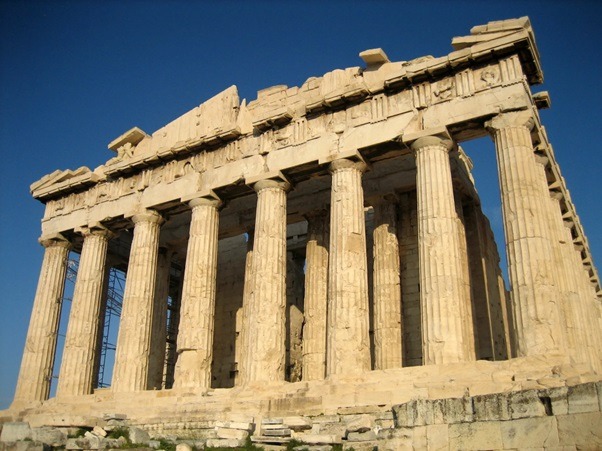The question of civilization has always been relevant and topical. By the way, some people even think man has always been as intelligent as he is now and could also create his own culture on a large scale, also called the second nature of man. However, for many millions of years, people have lived in savagery, without conditions for minimal comfort. They had no civilization, unlike their contemporaries.
There are several approaches to the definition of the term civilization. In short, the term itself came from Latin. Civilization is a certain stage in the development of human society, which reflects the achievement of a certain level of sociality.
This level of sociality is expressed in the ability of a person to create new cultural values, to ensure self-regulation through social and legal norms. In other words, civilization means human life in relative independence from nature and a number of other characteristics.
An essential condition of civilization can be considered the cultural self-identification of people who personify themselves with a particular community in which they directly live. Civilization has many features, on the basis of which the emergence of a new format of society’s life is indicated.
So, among the features of civilization, one can distinguish the formation of the state, the formation of the tax system, the development of trade, the emergence of all kinds of crafts, the gradual construction of cities, the erection of monumental buildings. These can be, for example, temples, pyramids, mastabs and the like. Of course, one of the main features is also the invention of writing system. Moreover, the state with its writing system is considered quite worthy and educated. For example, ancient Greek civilization invented the Greek alphabet, which is a significant asset and the most important contribution in the world.
Moreover, civilization cannot be definitively justified without a foundation for the rudiments of science, art and development in general. The beginnings of science and technology appeared in the ancient world, but they developed separately from each other. Then the main way of acquiring new knowledge for mankind was a simple accumulation of experience by experimentation, in other words, by hard trial and mistakes. And such processes are completely normal for the initial stage of development.
Thus, the Mayan civilization has made a great contribution to world development. They achieved great success in sculpture and painting, jade carving, and created their own solar calendar carved from stone. Their astronomical calculations were far ahead of time. It was the Maya and the Aztecs who built the pyramids, some of which are larger than in Egypt.
Some civilizations, of course, fought among themselves for lands and territories. For example, Ancient Egypt was often at war with Nubia. The cause of the wars was the fertile lands of Nubia, as well as precious and non-ferrous metals. The territory of Chinese civilization was also rich in metals, especially there was a lot of lead, copper, tin. By the way, the construction of the Great Wall of China began in ancient times. Ancient people built it for protection from nomads.
The emergence of science proper takes place in Ancient Greece. The ancient Greeks had the priority of creating philosophy as a science about the universal laws of the development of nature, society and thinking, a system of ideas, views on the world and the place of man in it, exploring the cognitive, value, ethical and aesthetic attitude of man to the world.
Mathematics, astronomy, biology, geography, medicine and many other sciences developed in Ancient Greece. For example, the alpha symbol and the beta symbol are used in mathematics, physics, astronomy, and this is a common letter of the ancient Greek alphabet.

